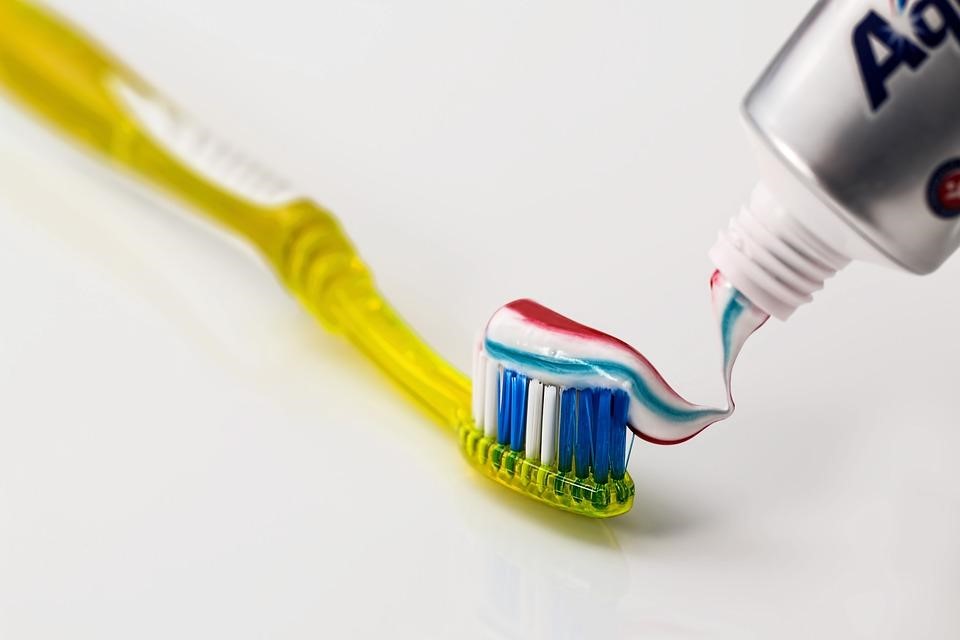Halitosis, known more commonly as bad breath, is surprisingly common. 1 in 4 adults report having bad breath on a regular basis.
Regardless of how common bad breath is, it can still be a major source of stress if you frequently find yourself in close quarters with others and they back away from you.
Why put yourself through the pain? Eliminate the unnecessary self-consciousness by learning the most common causes for halitosis and how to prevent it in your mouth.
Food
The most obvious cause of bad breath is food. You may think you’ve swallowed every last bit of your lunch, but the truth is that trace amounts of leftovers are always hanging around.
Pieces of food can become lodged between your teeth and the natural bacteria in your mouth will readily feed on your leftovers. As these bacteria digest, they produce their own leftovers. The by-products of bacteria’s digestive process give off an unpleasant odour, causing bad breath.
Of course, if your lunch contains onions and garlic, then the problem tends to be much worse. The best way to keep those bacteria at bay is by denying them a free lunch. You should always brush your teeth after you finish a meal, but be sure to wait at least 20 minutes. The acid in the food you eat can soften the enamel of your teeth and brushing before it has time to harden can wear away your enamel over time.
Dry Mouth
So you’re brushing and flossing after every meal and you never miss a brushing session before bed, but your breath still gets a bit rough throughout the day. The problem might be that your mouth is getting too dry.
Your mouth is an ecosystem and saliva is the resident cleaning crew. If you’re experiencing bad breath then an absent cleaning crew could be the culprit. Some causes of dry mouth can include common dehydration and diseases such as Xerostomia. If you suspect you might have dry mouth, check with your dentist to uncover the possible causes.
Throat and Sinus Health
If your mouth is a tiny ecosystem then it belongs to a larger planet called your head. Your mouth connects to your ears and nose through your sinuses. Good sinus health is an important part of a healthy mouth. Halitosis could point to a condition beyond the mouth itself, originating the throat or sinuses, such as tonsil stones—tiny deposits of calcium and bacteria which are notoriously stinky.
Your dentist can tell by the wear pattern and bacteria in your mouth whether or not your sinuses might be out of balance.
Diet
If your head is a planet, then your body is a universe. See where we’re going with this? It’s all interconnected. When it comes to any kind of health, a holistic approach is important and good dental health starts with your diet.
Fad diets known as “crash diets” are a major cause of bad breath. These types of diets often consist of avoiding carbohydrates with the goal of rapidly breaking down fats, which results in the production of ketones. Put simply: ketones stink.
If you’re on a particular diet, or are considering starting a new diet, check with your dentist to learn about the health risks it might pose to your pearly whites.
Dental Hygiene
The most common cause for bad breath is of course bad dental hygiene! If you don’t properly clean your teeth, then you’re bound to have bad breath. Of course this area also tends to stir up confusion.
Patients frequently complain about having bad breath despite their airtight dental hygiene rituals. The problem is a lack of accurate information. Even patients with the best intentions simply don’t know the best practices for keeping their mouth clean. After a check-up, be sure to go over the proper cleaning techniques with your dentist. You might be surprised by what you learn!
These causes may seem obvious, but they truly are the most common causes of halitosis. Of course, there are a number of rare situations where even the best health and hygiene simply won’t cut it.
If you’ve tried everything but you still seem to experience halitosis, schedule an appointment with one of our skilled dentists to find out the cause of your bad breath.

